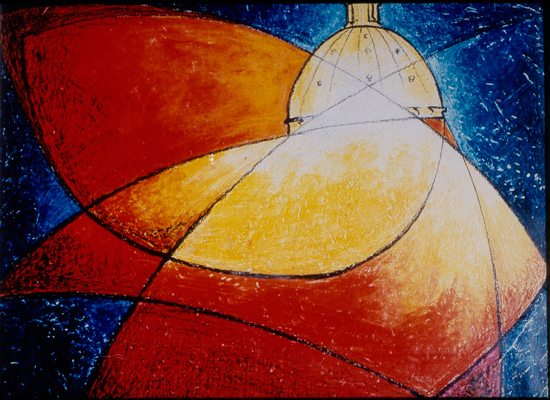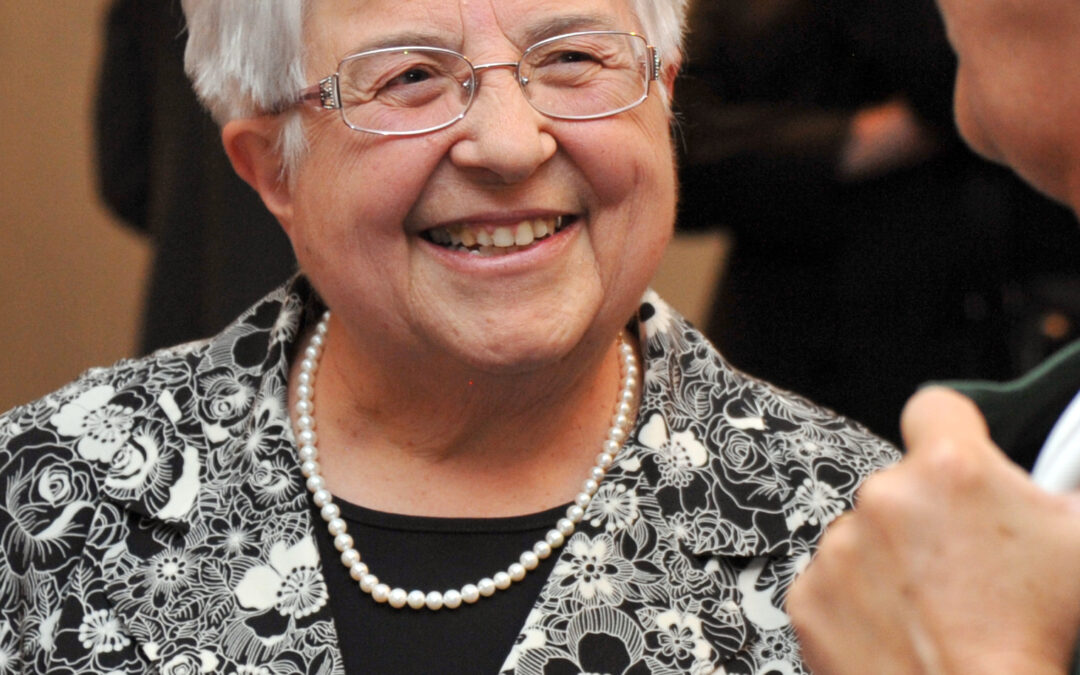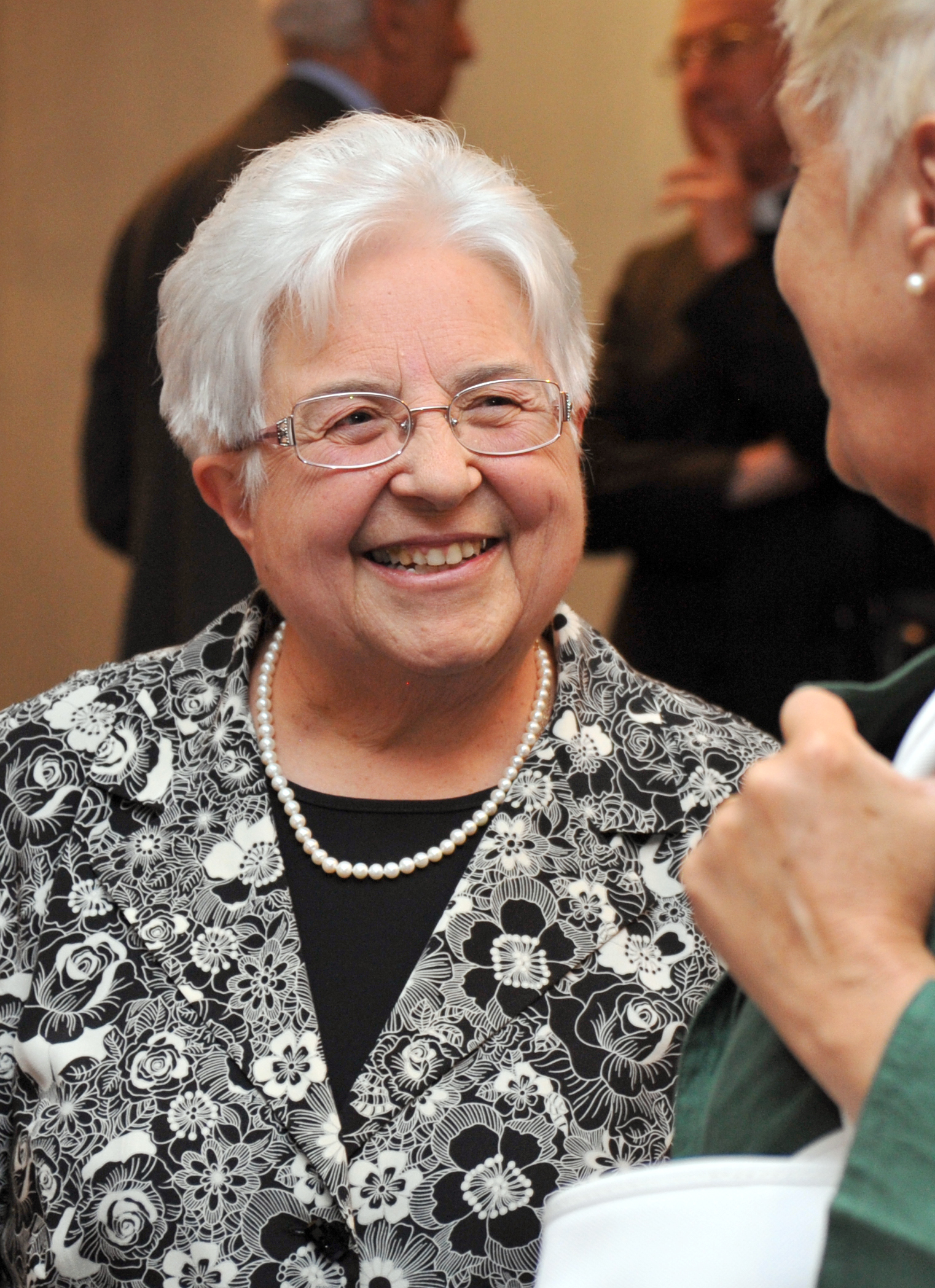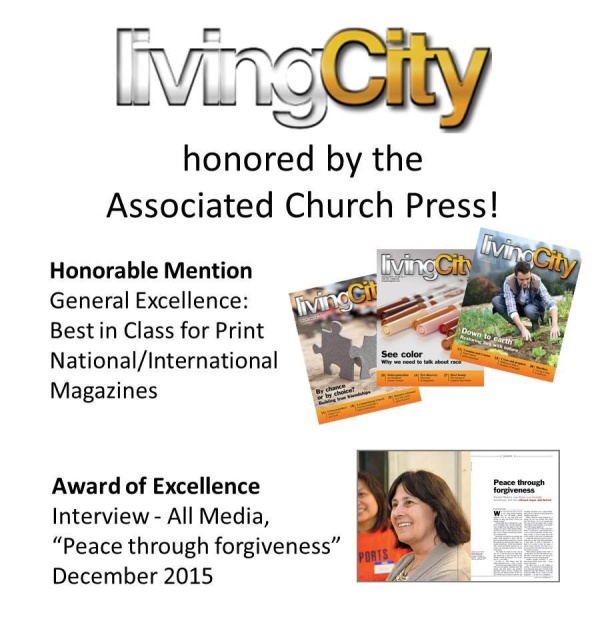May 24, 2016 | Non categorizzato
Five hundred young people from around the world will meet online for a World Peace Conference For Young People The idea emerged from the synergy between Living Peace and its peace education projects for children, adolescents and young adults in 113 countries and Peace Pals International, an expression of the World Peace Prayer Society (WPPS), which is associated with the United Nations (UN). The project is supported by Fuji Declaration from Japan and several international organizations. https://www.youtube.com/watch?v=omANVR3qIDI Inspired by the Fuji Declaration, 14 Christian and Muslim speakers from 14 countries took turns online last April 30th to make known their views in favour of peace, which they backed up with concrete experiences of acceptance and reconcilliation that give credibility to their claim that world peace is possible. Edward’s presentation about his exprience of the earthquake was particularly significant. He is a member of the Focolare from the Philippines and was linked from Ecuador where he had had been in direct contact with earthquake victims. Sherook from Syria also offered her testimony about what she was living through in her country. After telling about the situation in Syria, which is still very fragile and dangerous, she was unable to hold back her tears, which produced an enormous impression and feeling of empthy in everyone. Her tears also triggered very touching words and offers of support from two Muslim young people who were online: Omar from Egypt and Abir from Morocco. The conference was an opportunity to present United World Project and its SignUpForPeace inititiative. Jules Lamore, coordinator of Peace Pals International and member on the committee that organizes the events for World Peace Day in the United Nations, telephoned from New York to congratulate us for the online conference. Two young people were awarded scholarships at Miami University of Luxembourg. The General Coordinator of Living Peace, Carlos Palma, was invited to present the conference at the Seat of the European Parliament in Luxembourg during the World Peace Forum on May 24-25, 2016. In 2015 the Luxembourg Peace Prize had been awarded to New Humanity, an NGO of the Focolare Movement. The World Youth Conference of Young People plans on holding four Conferences a years. The next event is planned for June 25, 2016 with young people from movements and organizations that are engaged in peace work. The third edition of the Conference will be held in Florianopolis, Brazil, at the Peace Forum For Young People (September 22-25) during which Peace Pals will present a gift to the city, a peace obelisk. The fourth Conference, on prospects and commitments for the coming year, is scheduled for December 2016.
May 20, 2016 | Non categorizzato
In Slovakia (Jasná – Demänovská Dolina), 550 young people from around the world, including a group of 50 young people of the Orthodox faith – will come together in order to deepend the themes of World Youth day. Where: Grand Hotel, Demänovská dolina 72, Liptovský Mikuláš, Slovacchia Arrival: 31st July (evening) Departure: 5th August (after breakfast) Participation: 180€ Age group: 16-30 years More information: postgmg2016@focolare.org

May 20, 2016 | Non categorizzato
 At a meeting with young Argentinians in Rio de Janiero, Pope Francis advised: ‘Read the Beatitudes, it will do you good.’ Our task is to re-read the message of the Beatitudes. For three consecutive years, the Pope has chosen for us three out of the eight Beatitudes as the themes for the WYDs. Each one is elaborated on in his addresses, in which he comments on theological matters and gives the youth some tasks for the next year of spiritual work. The choice of Krakow and World Youth Day’s motto lead us to the Spark of Mercy. Since the appearance of Jesus to St. Sister Faustina, Mercy has been radiating from Krakow-Lagiewniki to the whole universal Church. Krakow is widely known as the centre of worship of God’s mercy, and young pilgrims who come will surely want to see the place of the revelations, Sister Faustina’s tomb, and the shrine – the place where St. John Paul II entrusted the world to God’s Mercy. The theme of the XXXI World Youth Day Krakow 2016 is: ‘Blessed are the merciful, for they shall obtain mercy’ (Mt 5:7). Our Holy Father Francis has chosen the fifth of the eight Beatitudes, given by Jesus in his Sermon on the Mount on the shores of the Sea of Galilee, to show the importance of the Beatitudes which are at the heart of Jesus’ teaching. In his first Sermon, Jesus presents us with eight examples of qualities that bring us closer to the Kingdom of God. Among the main events there will be the Opening Mass on the 25th of July, the Welcome Ceremony with the first meeting the Holy Father (28th July), the Way of the Cross with the WYD Cross (29th July), and then the event at the heart of World Youth Day: the Vigil with the Holy Father (30th July) and the Concluding Mass (31st July). The program will also include catechesis in various languages The Youth Festival: a religious, artistic and cultural program takes place in the afternoons and evenings during the three days of catechesis, except during the Main Events. The Youth Festival is composed of open and free initiatives of an artistic, religious and spiritual character. This aspect of WYD gives pilgrims an opportunity to participate in concerts, exhibitions, workshops, sporting events, theatre events and many others. The Youth Festival is prepared for pilgrims, by pilgrims. Everyone has the opportunity to participate not only as a spectator but also as an artist or organizer. The young people of the Focolare Movement will give their contribution towards the preparation of WYD, particularly through an event held during this Festival on 27th July in Krakow, Sports Club Plaszowianka ul. Stroza-Rybna 19 (tram stop 50, 20, 11).
At a meeting with young Argentinians in Rio de Janiero, Pope Francis advised: ‘Read the Beatitudes, it will do you good.’ Our task is to re-read the message of the Beatitudes. For three consecutive years, the Pope has chosen for us three out of the eight Beatitudes as the themes for the WYDs. Each one is elaborated on in his addresses, in which he comments on theological matters and gives the youth some tasks for the next year of spiritual work. The choice of Krakow and World Youth Day’s motto lead us to the Spark of Mercy. Since the appearance of Jesus to St. Sister Faustina, Mercy has been radiating from Krakow-Lagiewniki to the whole universal Church. Krakow is widely known as the centre of worship of God’s mercy, and young pilgrims who come will surely want to see the place of the revelations, Sister Faustina’s tomb, and the shrine – the place where St. John Paul II entrusted the world to God’s Mercy. The theme of the XXXI World Youth Day Krakow 2016 is: ‘Blessed are the merciful, for they shall obtain mercy’ (Mt 5:7). Our Holy Father Francis has chosen the fifth of the eight Beatitudes, given by Jesus in his Sermon on the Mount on the shores of the Sea of Galilee, to show the importance of the Beatitudes which are at the heart of Jesus’ teaching. In his first Sermon, Jesus presents us with eight examples of qualities that bring us closer to the Kingdom of God. Among the main events there will be the Opening Mass on the 25th of July, the Welcome Ceremony with the first meeting the Holy Father (28th July), the Way of the Cross with the WYD Cross (29th July), and then the event at the heart of World Youth Day: the Vigil with the Holy Father (30th July) and the Concluding Mass (31st July). The program will also include catechesis in various languages The Youth Festival: a religious, artistic and cultural program takes place in the afternoons and evenings during the three days of catechesis, except during the Main Events. The Youth Festival is composed of open and free initiatives of an artistic, religious and spiritual character. This aspect of WYD gives pilgrims an opportunity to participate in concerts, exhibitions, workshops, sporting events, theatre events and many others. The Youth Festival is prepared for pilgrims, by pilgrims. Everyone has the opportunity to participate not only as a spectator but also as an artist or organizer. The young people of the Focolare Movement will give their contribution towards the preparation of WYD, particularly through an event held during this Festival on 27th July in Krakow, Sports Club Plaszowianka ul. Stroza-Rybna 19 (tram stop 50, 20, 11).

May 15, 2016 | Non categorizzato

Centro Ave Loppiano: Copyright Marika Tassi, ‘La chiesa’ – Roma 1962

May 13, 2016 | Non categorizzato

(C) Centro Santa Chiara Audiovisivi

May 10, 2016 | Non categorizzato
 On 5 May 2016, The Associated Church Press (Florida) conferred on Living City Magazine two awards for last year’s February, April and October issues. It received an Honourable Mention in the category “Best in Class National/International print magazines, directed to a broad audience” (Christian Century and Sojourners were the other award recipients in this category). The judges appreciated the “strong use of colour on front covers” and the full bleed and full page pictures. For the writing, they found the first person pieces the most engaging. “Unique perspectives and a strong focus on the magazine’s purpose makes for an original and interesting magazine. Good work,” was their comment. In the category “Reporting and Writing: interview (all media)”, Living City received an Award of Excellence for the article “Peace through forgiveness” published in the December 2015 issue, written by Jade Giacobbe after an encounter with Rahel Muha, whose son was murdered in 1999 at age 18. The judges wrote, “This would be a heart-breaking story were it not for the emphasis on forgiveness, and the mother providing a powerful testimony … A well-crafted story. Good can spring from evil with the proper approach to forgiveness.”
On 5 May 2016, The Associated Church Press (Florida) conferred on Living City Magazine two awards for last year’s February, April and October issues. It received an Honourable Mention in the category “Best in Class National/International print magazines, directed to a broad audience” (Christian Century and Sojourners were the other award recipients in this category). The judges appreciated the “strong use of colour on front covers” and the full bleed and full page pictures. For the writing, they found the first person pieces the most engaging. “Unique perspectives and a strong focus on the magazine’s purpose makes for an original and interesting magazine. Good work,” was their comment. In the category “Reporting and Writing: interview (all media)”, Living City received an Award of Excellence for the article “Peace through forgiveness” published in the December 2015 issue, written by Jade Giacobbe after an encounter with Rahel Muha, whose son was murdered in 1999 at age 18. The judges wrote, “This would be a heart-breaking story were it not for the emphasis on forgiveness, and the mother providing a powerful testimony … A well-crafted story. Good can spring from evil with the proper approach to forgiveness.”
Susanne Janssen
Living City Magazine
Award-winning article: https://livingcitymagazine.com/peace-through_forgiveness





